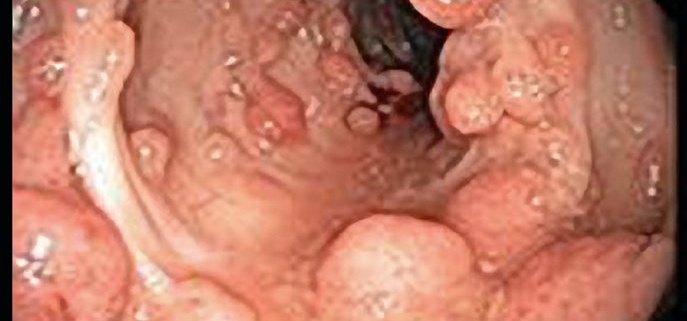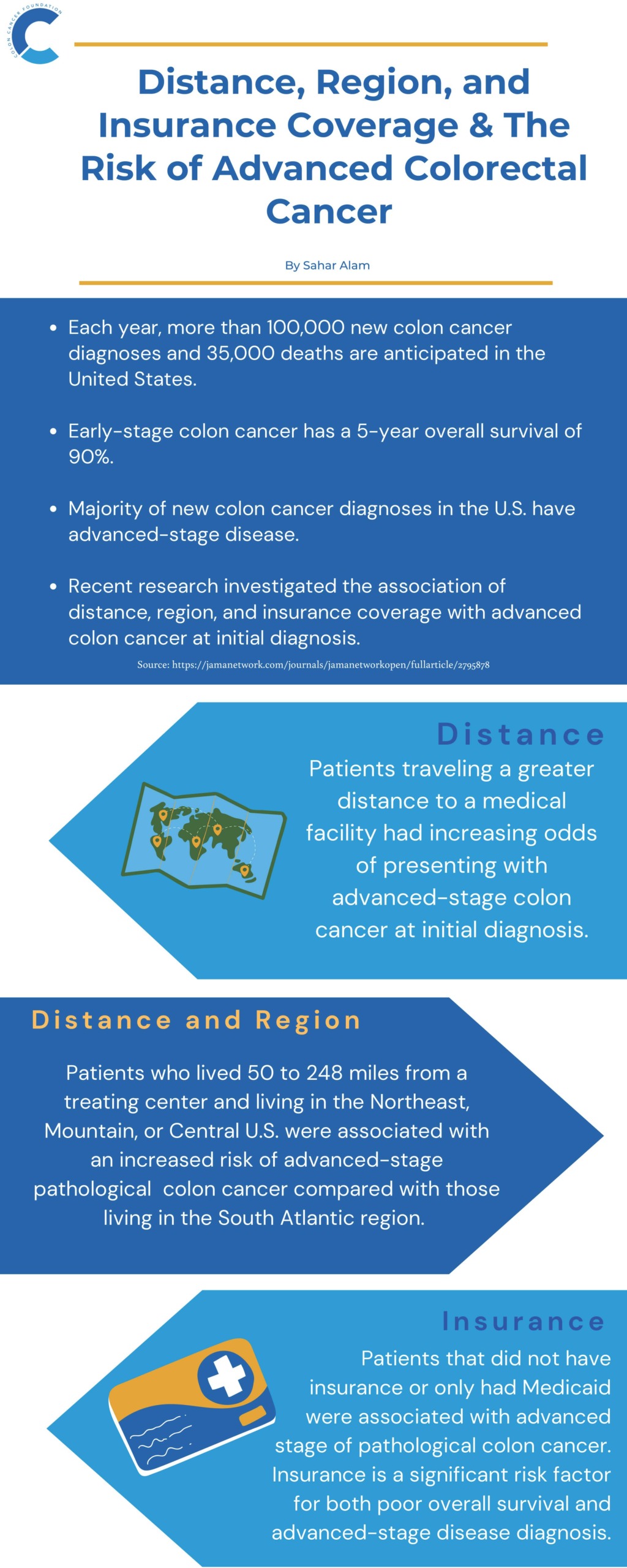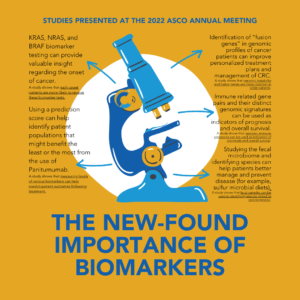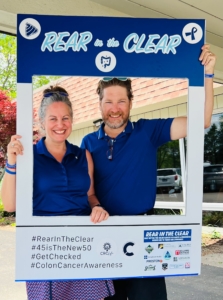The Colon Cancer Foundation had the opportunity to speak with Dr. Shahnaz Sultan, MD, MHSC, AGAF, about her research team’s findings that pandemic-related pre-procedure COVID-19 testing caused higher rates of endoscopy cancellations among patients from marginalized populations. A Professor of Medicine in the Division of Gastroenterology, Hepatology, and Nutrition and the Program Director for the Gastroenterology Fellowship Training Program at the University of Minnesota, Dr. Sultan’s research interests are focused on reducing colorectal cancer morbidity and mortality by improving adherence and quality of colonoscopy.
Q: What is the main takeaway you want people to understand from your research?
One of the most important things we want to emphasize is that colorectal cancer [CRC] is a very preventable cancer and there is a lot of high-quality evidence that shows that screening for CRC actually leads to a reduction in associated mortality. We really need to think about CRC screening along a continuum—whether you are doing stool-based testing or you’re getting a colonoscopy, it’s a multi-step process, and at every step, we need to be cognizant about reducing barriers and helping patients complete their CRC screening tests. Adding another step that patients have to complete prior to colonoscopy, such as pre-procedure SARS-CoV2 testing, in addition to completing their bowel prep, following dietary guidelines, finding transportation, and coming in to get a colonoscopy, really makes it that much more challenging. Pre-procedure testing serves as one more step and one more possible barrier in terms of getting people up-to-date with their screening.
Q: As you were conducting your research, were there any findings that surprised you?
Our objective here was to understand the impact of pre-procedure COVID-19 testing—we wanted to see the magnitude of the impact and who was specifically affected by this additional requirement. When we looked at the canceled outpatient endoscopy procedures in our cohort from March 2021 to September 2021, we were surprised that the overall cancellation rate was so high in terms of getting people to complete their colonoscopy. Among the 574 cancellations, a little under 10% were due to pre-procedure COVID-19 testing requirements, and a good proportion of the remainder, about 51%, were patient-initiated cancellations. There were a lot of additional factors that were potentially holding people back from CRC screening. Additionally, we were surprised that pre-procedure testing was disproportionately affecting certain populations. Persons who self-identified as Black, American Indian, Alaskan Native, or Hispanic were more likely to have testing-related cancellations.

Dr. Shahnaz Sultan
Q: Of the patients who canceled their colonoscopy, do we know if they went for an alternate form of testing for colorectal cancer, such as stool-based testing?
That’s an interesting question! We do not have that health data within our health system, but you bring up a good point. During the pandemic, a lot of other health systems were shifting gears from colonoscopy to stool-based testing and using programmatic efforts to directly reach out to patients to make sure they were getting some form of CRC screening.
Q: Healthcare challenges, such as the COVID-19 pandemic, have demonstrated to significantly disrupt CRC screening procedures and participation, especially for medically underserved communities. What steps can be taken or what policies can be implemented in the future to support CRC screening participation and prevent significant disruptions to CRC screening?
There is a lot of ongoing research to understand different barriers we can address or different interventions we can take to improve screening at the population level. We really need a multifaceted or multi-pronged approach to screening. We really need to think about interventions that not only focus on patients, but we also need to target providers, health systems, and community leaders, and think about national and federal policy decisions. I think there are a lot of opportunities to decrease barriers at different levels in terms of getting people to be more up-to-date with screening at a population level.
In terms of policy, one of the things that we have been able to fix recently is this loophole that existed in the past where if a test was done for screening purposes, but polyps were removed, then it was no longer counted as a screening test, and that incurred copayments and additional burdens on patients. I think that has been a real coup for us in the gastroenterology community and overall in terms of helping to support the care of our patients. Also, I think there are a lot of opportunities at the national level to support programmatic efforts to improve screening for populations that are underinsured or don’t have access to care, and I think we need to do more outreach and find ways to include health educators and patient navigators. We need to make sure we are educating patients about the importance of screening and helping address financial or logistical barriers that might serve as additional challenges for patients to overcome.
Continued on Page 2.














 This past February, as a CCF Champion, Suzanne and her husband were invited to attend the Cologuard Classic in Tucson, Arizona. She represented CCF and was able to meet 90 other like-minded individuals who shared her passion to make a difference and prevent early onset of colon cancer. Inspired to raise money and awareness in her hometown, Suzanne partnered with her husband’s golf club to hold a fundraising golf tournament on May 16, 2022. She was supported in her efforts by her friend, a 10-year colon cancer survivor who also works to spread colorectal cancer awareness. The event had 10 sponsors, 13 teams, and 20 hole sponsors that covered most of the costs. Half of the profits will go to their local nonprofit, CRC Life, and the other half will go to CCF.
This past February, as a CCF Champion, Suzanne and her husband were invited to attend the Cologuard Classic in Tucson, Arizona. She represented CCF and was able to meet 90 other like-minded individuals who shared her passion to make a difference and prevent early onset of colon cancer. Inspired to raise money and awareness in her hometown, Suzanne partnered with her husband’s golf club to hold a fundraising golf tournament on May 16, 2022. She was supported in her efforts by her friend, a 10-year colon cancer survivor who also works to spread colorectal cancer awareness. The event had 10 sponsors, 13 teams, and 20 hole sponsors that covered most of the costs. Half of the profits will go to their local nonprofit, CRC Life, and the other half will go to CCF.